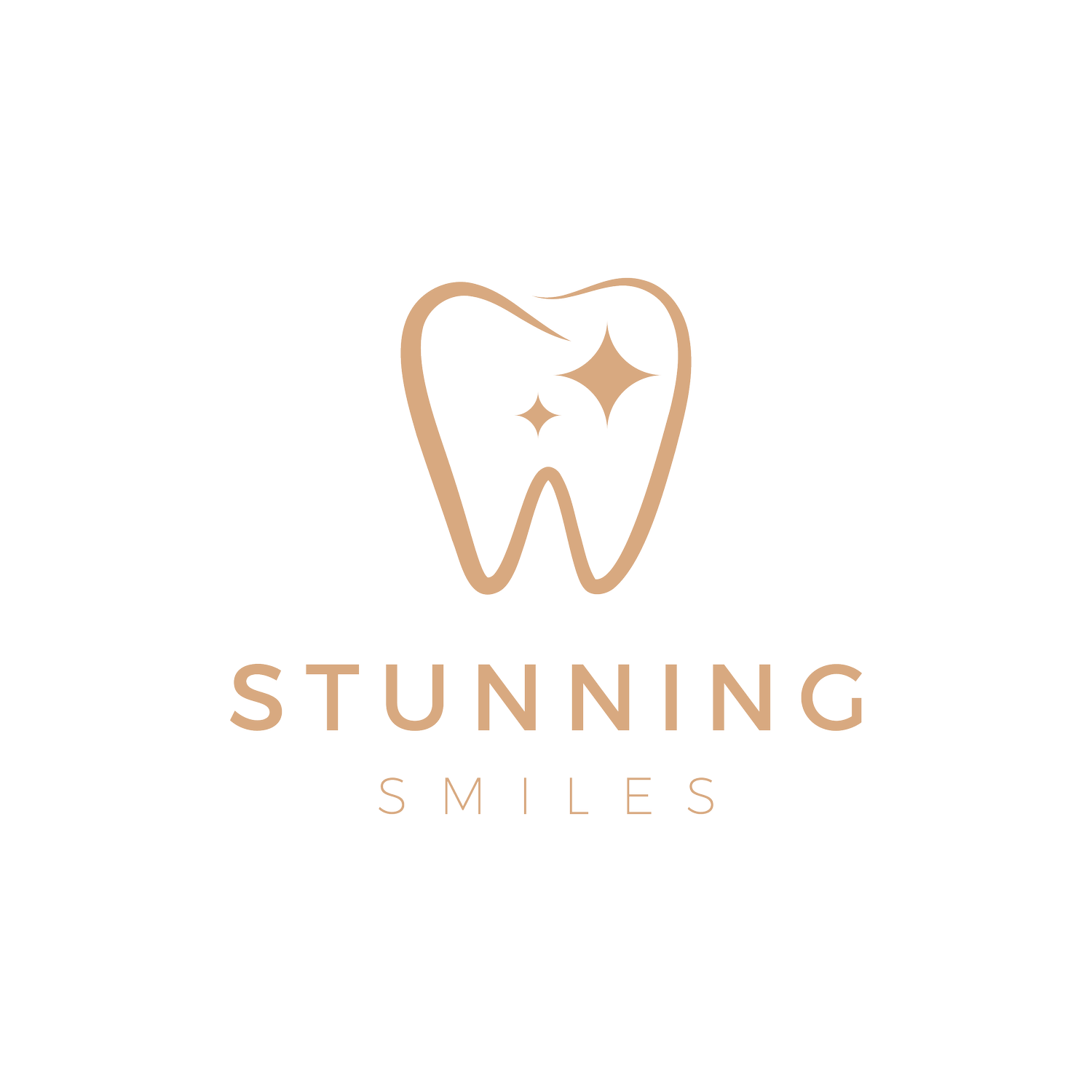The Hidden Risks of Oral Piercings: What You Need to Know
Oral piercings have become increasingly popular as a form of self-expression, with many opting for tongue, lip, or cheek piercings to enhance their appearance. While these piercings may seem like a trendy way to accessorize, they come with significant risks, especially when it comes to your oral health. Let's explore the potential dangers associated with oral piercings and why it's crucial to weigh these risks before getting pierced.
1. Increased Risk of Infection
One of the most immediate concerns with oral piercings is the heightened risk of infection. The mouth harbors a vast array of bacteria, and piercing the tongue, lips, or cheeks creates an open wound that can easily become infected. Infections can lead to swelling, pain, and in severe cases, abscesses that may require medical intervention.
2. Damage to Teeth and Gums
Oral piercings can also cause physical damage to teeth and gums. Constantly playing with or biting down on oral jewelry can result in cracked or chipped teeth. The metal or acrylic balls and studs used in piercings can rub against the gums, causing irritation, recession, and potentially leading to gum disease over time.
3. Interference with Oral Function
Tongue piercings, in particular, can interfere with normal oral functions such as speaking, chewing, and swallowing. Swelling and discomfort after getting a tongue piercing can make these everyday activities challenging and may require a period of adjustment. In some cases, excessively large or improperly placed oral jewellery can obstruct the airway, posing a risk of choking.
4. Oral Health Complications
Piercings can create a breeding ground for bacteria and make it difficult to maintain proper oral hygiene. Food particles and plaque can easily accumulate around oral jewelry, increasing the risk of tooth decay and gum disease. Additionally, piercings can cause chronic irritation to the soft tissues of the mouth, leading to chronic inflammation and discomfort.
5. Potential Allergic Reactions
Some individuals may experience allergic reactions to the metals used in oral jewellery, such as nickel or cobalt. Allergic reactions can manifest as swelling, itching, or redness around the piercing site and may require removal of the jewellery to alleviate symptoms.
6. Long-term Health Concerns
While the immediate risks of oral piercings are concerning, there are also potential long-term health implications to consider. Chronic inflammation and irritation from oral piercings can contribute to the development of oral cancers or other serious oral health conditions over time.
While oral piercings may be a popular fashion statement, it's important to understand and weigh the potential risks they pose to your oral health. Before deciding to get an oral piercing, carefully consider the implications discussed above and consult with a reputable piercing professional and your dentist. If you already have oral piercings, diligent oral hygiene practices and regular dental check-ups are essential to minimize the risks and maintain your oral health. Remember, making informed decisions about your body and health is always in style.

